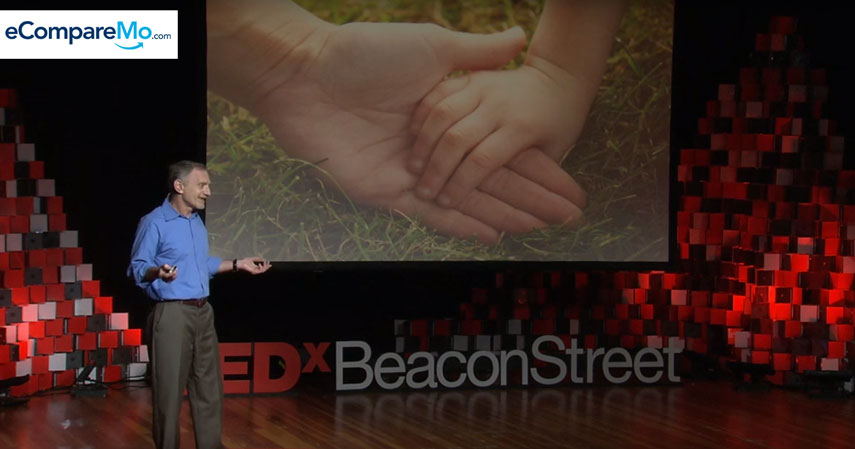What Really Keeps People Happy, According To A Harvard Study
3 min read
Are earning a lot of money and attaining success the most important factors in living a good life? How does one maintain happiness and a well-rounded life on top of all the things that need to be taken care of on a daily basis?
Yes, it’s easy to get carried away with the tides of cut-throat competition and instant gratification and lose the real meaning of happiness for each of us. But as findings from the longest and most extensive research of human life conducted by The Harvard Study of Adult Development has recently concluded, true happiness lies where you least expect it.
The study, started in 1938, was focused on two groups. The Grant Study was made up of a group of all-male 268 Harvard College sophomores, and the Glueck Study was composed of a group of 456 inner-city Boston school boys. For over 75 years, these men have submitted to interviews, medical exams, brain scans, psychological tests, and questionnaires every two years, all in an effort to study their individual development.
The current director of the study, psychiatrist Robert Waldinger, shared the biggest lesson they learned from this research on his TED Talk–how relationships affect an individual’s life. He discussed it in three main points:
1. Social connections are good for us, and loneliness really kills.
The men who built close relationships with their family, friends, or community reported to have lived happier, healthier, and longer than the less socially active men in the study. These individuals maintained an active social life and close ties with friends and family even after retirement.
On the other hand, people who spent a lot of their time alone ended up being less happy, with some of them ended up being alcoholics. It was the greatest contributor in the decline of their health and brain function earlier in life, and resulted in early death.
This conclusion is backed by a 2005 to 2010 study conducted by Gallup World Poll, the first-ever global survey covering 60,865 people from 123 countries in search for support on Maslow’s Hierarchy of Needs. After meeting the most basic human needs such as food, clothing, and shelter, an individual’s satisfaction and sense of security comes from well-rounded interpersonal relationships. The love and respect from these types of relationships makes one more capable in facing the troubles and challenges of life.
2. It’s the quality of close relationships that matters.
Quality over quantity is important in maintaining close relationships. According to the study, stagnant marriage devoid of any affection is worse for one’s health than getting divorced. Prolonging toxic relationships and living in the midst of conflict is deterrent to one’s health.
Parental relationship also proved to be a huge factor in their development. Men who had a close relationship with their mothers earned an average income of $87,000 more a year than those who did not have strong family ties. Those who had poor relationships with their parents from childhood were more likely to develop anxiety and dementia when they got older.
3. Good relationships don’t just protect our bodies; they protect our brains.
Having someone to rely on in times of need improved the subjects’ memories. Their memories became sharper far longer and reduced the risk of mental impairment, including dementia. Subjects who feel that they really can’t count on someone experienced earlier memory decline.
While having securely attached relationships is far from perfect and takes a lot of hard work, constant companions in times of need gives a positive effect to a person’s health. Having someone around makes it easier to deal with life’s struggles.
The most happily partnered men in their eighties reported that on the days they were suffering from physical pain, they were still just as happy. On the other hand, the people who were in unhappy relationships experienced a magnified emotional pain on top of their physical pain.
At the end of the study, the people who built strong foundations in their relationships with family, friends, and community lived longer and fared the best.
Waldinger went on to discuss that the subjects also had the same thoughts as millennials when they started the research. That success, fame, high achievement, and wealth were what they needed to achieve in order to live a good and happy life, but it was proven wrong throughout the research. “Over and over, over these 75 years, our study has shown that the people who fared the best were the people who leaned in to relationships, with family, with friends, with community.”
The good life is built on good relationships. Spread the word.
